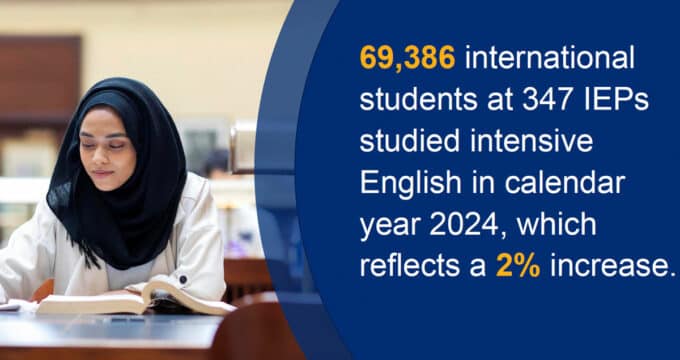End to Canadian foreign workers’ strike should see visa processing times improve
There is finally an end to the longest-running public service workers’ strike in Canadian history. The strike by the country’s foreign service officers – notably those responsible for the processing of student visas – is estimated to have cost the Canadian economy close to CDN $1 billion, with tourism and higher education hit the hardest. The job action began on 2 April, grew to affect 15 major Canadian service centres around the world, and “complicated the [visa] process of the some 100,000 international students coming to study in Canada.” Canadian foreign service officers protesting. Source: CBC News A tentative agreement was struck late last week between the Canadian government and the Professional Association of Foreign Service Officers (PAFSO) that effectively ends strike activities. The agreement, which still needs to be ratified by union members, brings foreign service officers’ salaries much closer to the level of similarly occupied colleagues. The foreign officers and diplomats were battling in large part against a wage gap of up to CDN $14,000 between themselves and other government professionals.
Bad timing
The strike came at a particularly distressing time for the Canadian international education industry, which has been achieving such impressive gains in its reputation abroad and in its international student numbers. In 2012, for the first time in history, the number of international students newly arrived at Canadian institutions during the year exceeded 100,000 – an enrolment representing a 60% increase over 2004 levels. Schools across the K-12 and higher education sectors were affected to varying degrees. For example, at the K-12 level, one school board in August said visa processing delays resulted in about 100 of its 570 new students missing the first day of an orientation programme. The board’s manager, concerned about integrating late-arrivals delayed by the strike, commented:
“Just imagine: You’re a new student from another country and another culture, you are speaking a second language you are probably not proficient in, and you can’t attend the orientation a week ahead of time and be properly oriented and meet other kids. You’re just coming by yourself.”
The 15 service centres that had been affected by the strike were Abu Dhabi, Ankara, Beijing, Cairo, Delhi/Chandigarh, Hong Kong, London, Manila, Mexico City, Moscow, Paris, Riyadh, Sao Paulo, and Shanghai. See this past ICEF Monitor article for more on the strike’s effects, and this one for the gains Canada has made recently in attracting international students.
Reputational issues
The strike, in some cases, inflicted visa delays so long that they had students considering other study abroad destinations. The Globe and Mail interviewed one Egyptian student for example, who, upon learning that her Canadian visa would take six to seven weeks (compared to the 10-day's time it was taking her peers for US visas), began looking at the American University in Cairo as a back-up plan. In the end, she did in fact get to Canada to study this year – but late. Many Canadian schools responded to the strike and associated visa delays by extending registration time periods and allowing students to defer their studies to January 2014 in an effort to stave off actual drop-outs.
Just a blip?
As much as the six-month-long strike hurt the Canadian tourism and education sectors – and introduced a lot of stress for school officials, agents, and students alike – Canada has otherwise been working hard on making its visa and immigration polices one of Canada’s competitive advantages as a study abroad destination. In particular, Citizenship and Immigration Canada (CIC) has announced a series of initiatives over the past year to make it easier for students to file visa applications online, a channel for which CIC reports application processing times are on average up to 45% shorter than those required to process an offline application. CIC’s new online processing initiatives includes:
- In November 2012, CIC launched an online Help Centre offering information on over 500 popular topics and designed to facilitate online client self-service;
- In December 2012, CIC launched a global electronic application service for temporary residents, including visitors, students, and temporary workers.
- The eMedical initiative was also launched in December, allowing physicians to submit medical results online to be integrated with the applicants’ electronic files.
Canada and stakeholders in Canadian education may well want to spend some marketing effort now in communicating these policies and their meaning for international students as a counterpoint to any reputational damage sustained in the strike. CIC reports that, on average, 81% of all study permit applications to Canada were approved in 2012, and 80% of applications were finalised within 42 days.


















